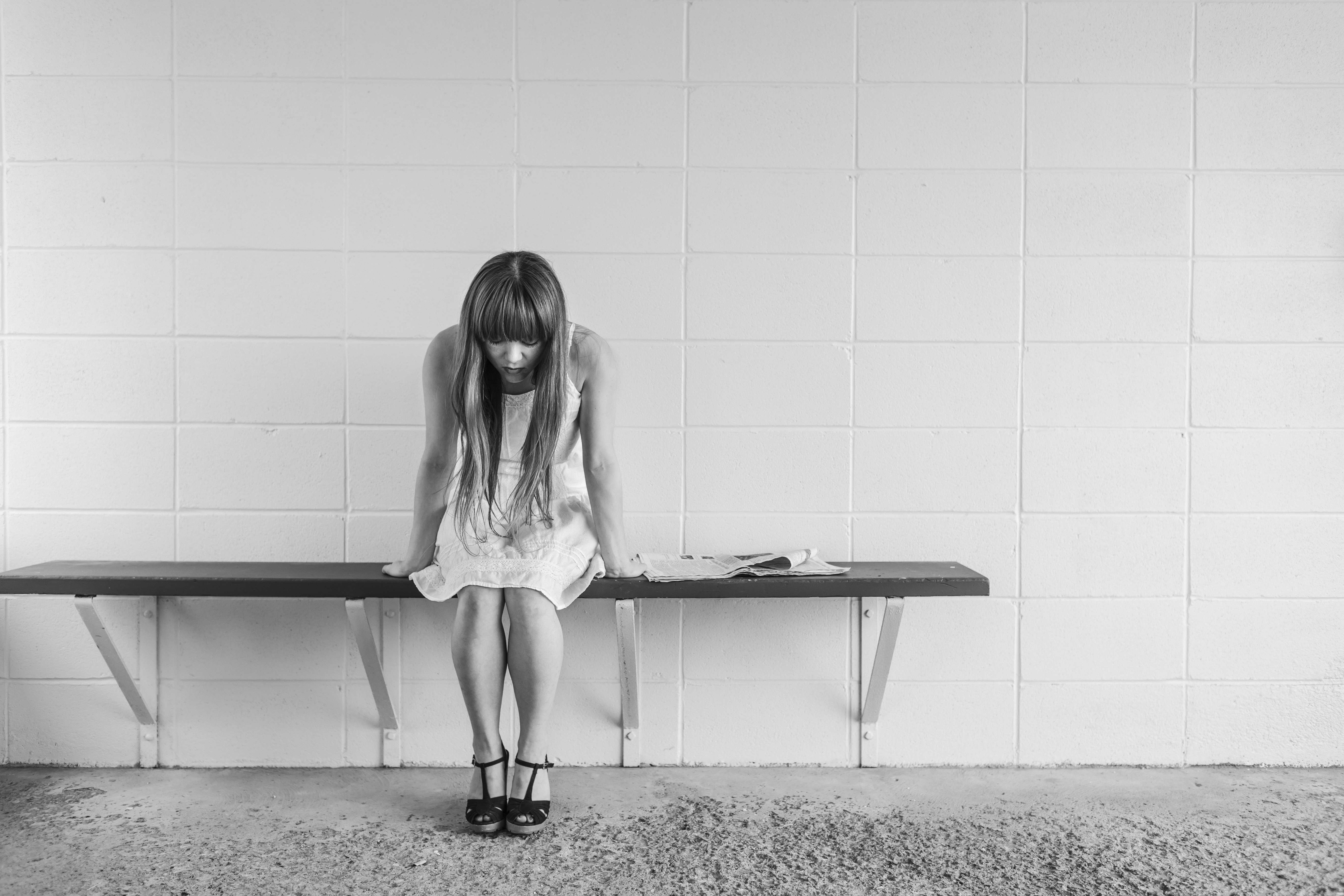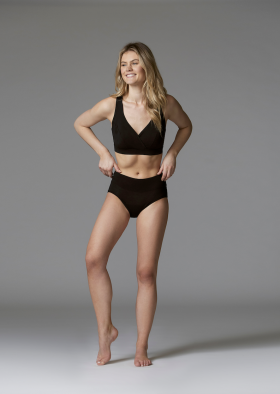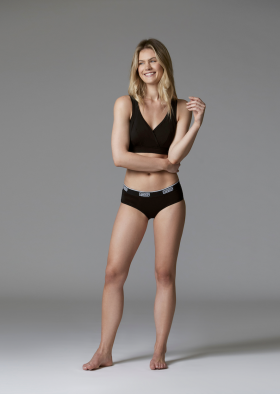Breaking The Stigma Of Periods in 2020.
It’s 2020. Marriage equality in Australia has long been a thing because love is love. For the most part, there is no longer stigma and people are accepting of other’s choices whether it’s identifying as homosexual, transgender, non-binary gender or anything else. We have open conversations from anything from how the female orgasm works, to religion, to how many animals have to die for that piece of bacon you’re eating right now.
As a society, the days of intolerance and ignorance are generally in the past. So why, in 2020 is the female period still a taboo subject? How come, many people still find it uncomfortable and embarrassing to discuss it openly? How come period blood is banned from being seen on television or social media? It’s time we start breaking the stigma of periods, and have open conversations about the most normal subject in the world.
Breaking The Stigma Of Periods – The Most Normal Thing In The World.
So let’s talk about it. As we know, menstruation is the natural part of the reproductive cycle in which blood from the uterus exits through the vagina. The process first occurs in girls usually between the age of 11 and 14 years and signals they have reached puberty. By this stage, other sexual characteristics will have started developing such as pubic hair or the beginning of breasts.
Our menstrual cycles basically prepare our bodies for pregnancy month to month. The average length of the menstrual cycle is 28–29 days, but this varies between women and from one cycle to the next. The length of your menstrual cycle is calculated from the first day of your period to the day before your next period starts. If we don’t get pregnant with a child, we are given the wonderful gift of a period instead.
Our menstrual cycles and period are controlled by hormones like estrogen and progesterone. Here’s how it all goes down: When we menstruate our body sheds the lining of the uterus (womb). Menstrual blood flows from the uterus through the small opening in the cervix and passes out of the body through the vagina. Capesh?
FUN. Well actually, speaking from experience. It’s not all that fun. But it is normal. It is the most natural thing in the world. Without periods, there’s no pregnancy. Without pregnancy, there’s no future human life. So why when this topic is discussed, does it cause people to feel awkward? Or embarrassed? Why would there be any need for anyone to feel uncomfortable about anything period-related at all?
What Makes This So Uncomfortable To Discuss?
According to Jane Ussher, Professor of Women’s Health Psychology at Western Sydney University, there’s a long history of menstrual taboos across nearly all cultures, and these continue to manifest in subtle and complex ways;
“Periods [have long] been associated with dirt, and disgust, and shame, and some might say fear. Some would say that it’s to do with everything in terms of the female body that’s leaking and seeping, and anything that’s coming out of us as women is seen as disgusting. So that would be menstruation, breast milk, sweat … what it is to be female is seen as abject.”
“What I would say is that it is a sign of misogyny, it’s a sign of positioning something that is essentially feminine as other, dirty and disgusting.” That’s a fascinating take on an interesting subject.
To help in breaking the stigma of periods, in August of 2019, Aussie feminine hygiene brand Libra dropped their #bloodnormal campaign. The ads openly show the experience of periods and period blood, with a series of young women in everyday scenarios such as swimming, going out, having dinner with friends and working whilst having their period. So, what’s so offensive about this?
Well, instead of using the stock-standard practice of showing the absorption abilities of a pad or tampon through a mysterious blue fluid. They, shock horror, had the hide to show blood instead. What in the????? The ad first ran during Survivor on Channel Ten. Within moments, TV viewers went ham and bombarded social media with divisive opinions on what they’d seen.
So because we are people and we have opinions that NEED to be shared, viewers took to Twitter calling “inappropriate” and “absolutely disgusting”. And, ironicially, “abnormal”. Others demanding the ads be taken off television immediately. Australian Ad Standards dismissed more than 600 complaints against it. But on the positive, many praised the campaign for showing the most normal thing in the world. Real women. Having real periods.
Former Science and Education Manager Anna Druet, agrees with this point. She writes…
“Menstruation stigma is a form of misogyny. Negative taboos condition us to understand menstrual function as something to be hidden, something shameful. And by not naming a thing, we reinforce the idea that the thing should not be named.” Read more about that here;
What We Can All Do To Help Break The Stigma
Menstruation is not a dirty word. Period. The history of the stigma surrounding it can be found in most cultures and religions, especially in religious teachings where women on their menses were considered “dirty” and “impure”. This view remains rapid in today’s society and women still feel ashamed of what is happening to them. Every time we continue to not name our period and what’s happening to our bodies to save someone else’s misguided embarrassment, we contribute to the stigma. But those who make us feel like we have to in the first place. They are the problem.
At Bambody, we are bamboozled (see what we did there?) that anything to do with a natural thing that happens to our bodies, could ever be a confronting conversation at all. We pledge to always discuss openly menstruation and all that comes with it. And to encourage women from all walks of life and all different cultures to never feel ashamed of the most natural thing that happens to our bodies. If every person we know did the same, this would go a long way in breaking the taboo.
We’ve developed our leak-free underwear to empower women with another option for period protection during the lighter days of Aunt Flo’s visit. Our underwear options give you greater peace of mind if you have a lighter flow, irregular spotting, or for any reason you don’t want to wear other sanitary items. Get in touch with our friendly team today to find out more.





